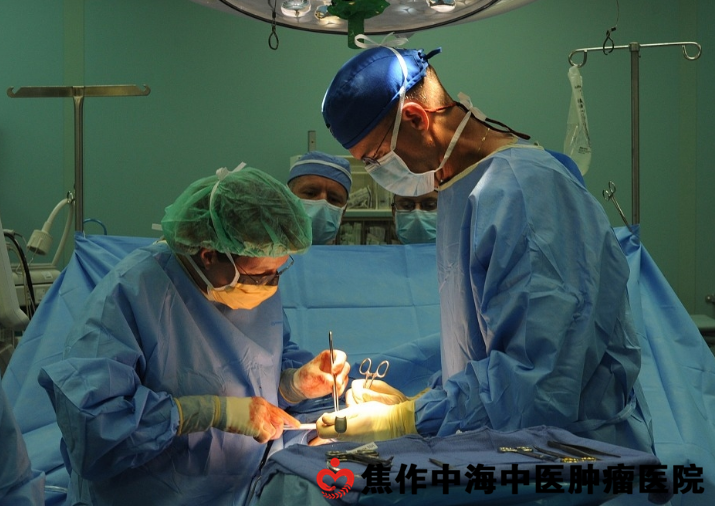1. Patients with gastrointestinal stromal tumors need adjuvant therapy after operation.
Generally speaking, after pathological examination, patients with moderate and high risk need to receive adjuvant therapy after operation. the middle and high risk group mainly refers to the tumor with mitosis ≥ 5 × 10 cm, or tumor size > 10 cm, or tumor rupture before or during operation, or tumor occurring in organs other than stomach, about the time of adjuvant treatment. At present, oral targeting drugs are generally recommended for 2 ~ 3 years.
2. Postoperative adjuvant therapy for gastrointestinal stromal tumors.Adjuvant therapy is postoperative treatment, which aims to reduce or delay the proliferation and recurrence of residual GIST cells after surgical resection. Some studies have shown that imatinib therapy for one year after radical surgery can significantly prolong the survival time without tumor recurrence. Other studies have shown that for the medium-and high-risk group of GIST, postoperative imatinib adjuvant therapy for 3 years can significantly reduce the recurrence rate and mortality compared with the placebo control group. Other studies have found that in GIST high-risk group, postoperative imatinib adjuvant therapy for 3 years significantly reduces recurrence and prolongs overall survival compared with 1 year. Therefore, imatinib is recommended for postoperative treatment of high-risk GIST patients for 3 years. For the medium-risk group, the duration of adjuvant therapy is still controversial, but at least 1 year, and the longer the better. In addition, we suggest that GIST routinely analyze the D842V mutation in exon 18 of PDGFRA gene. If there is a D842V mutation, imatinib adjuvant therapy is not recommended because the treatment response is poor. At present, it is controversial whether the wild type GIST needs adjuvant therapy, because the wild type GIST itself develops slowly and reacts poorly to imatinib.

